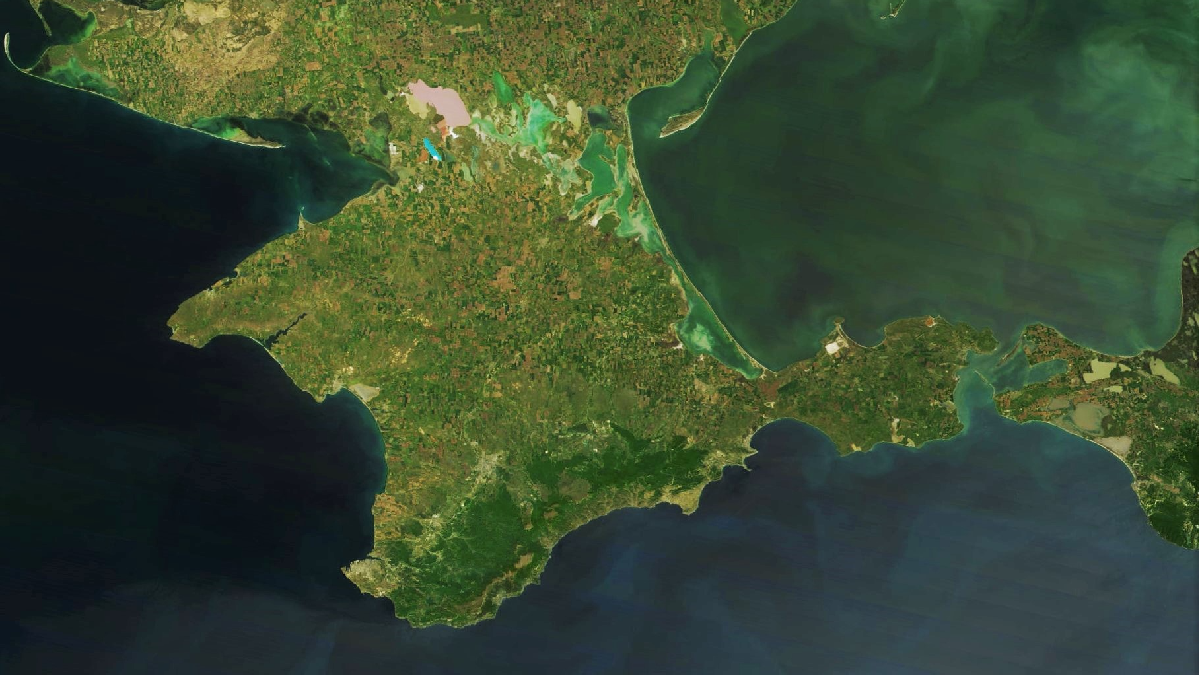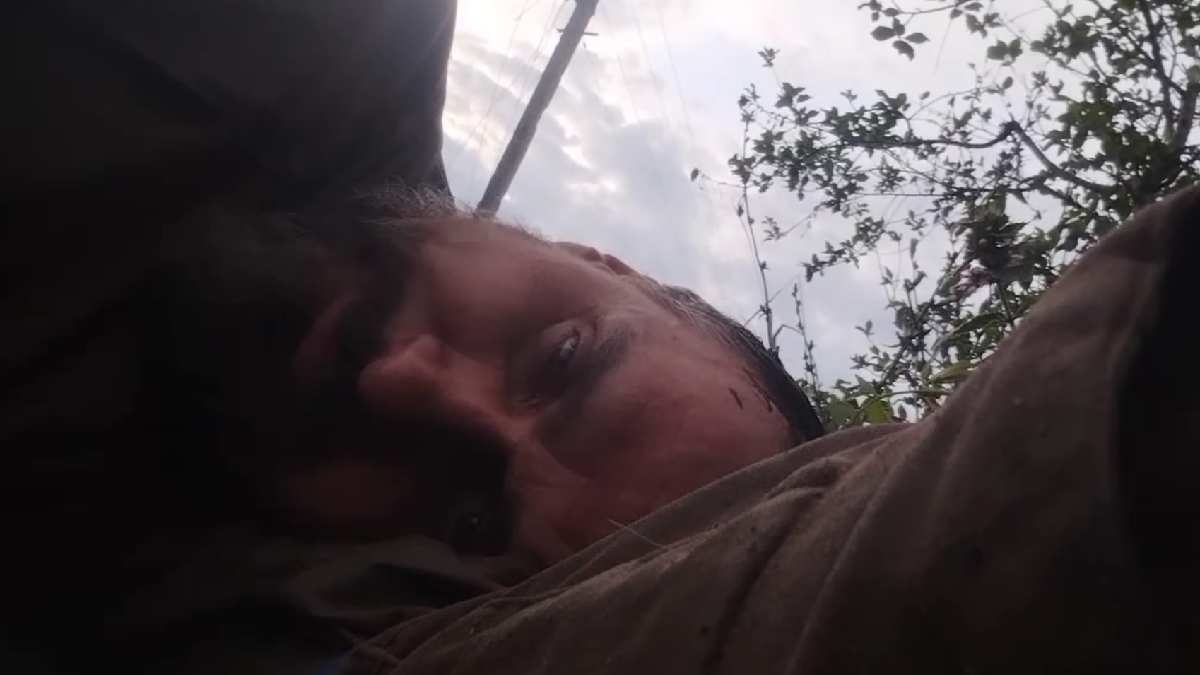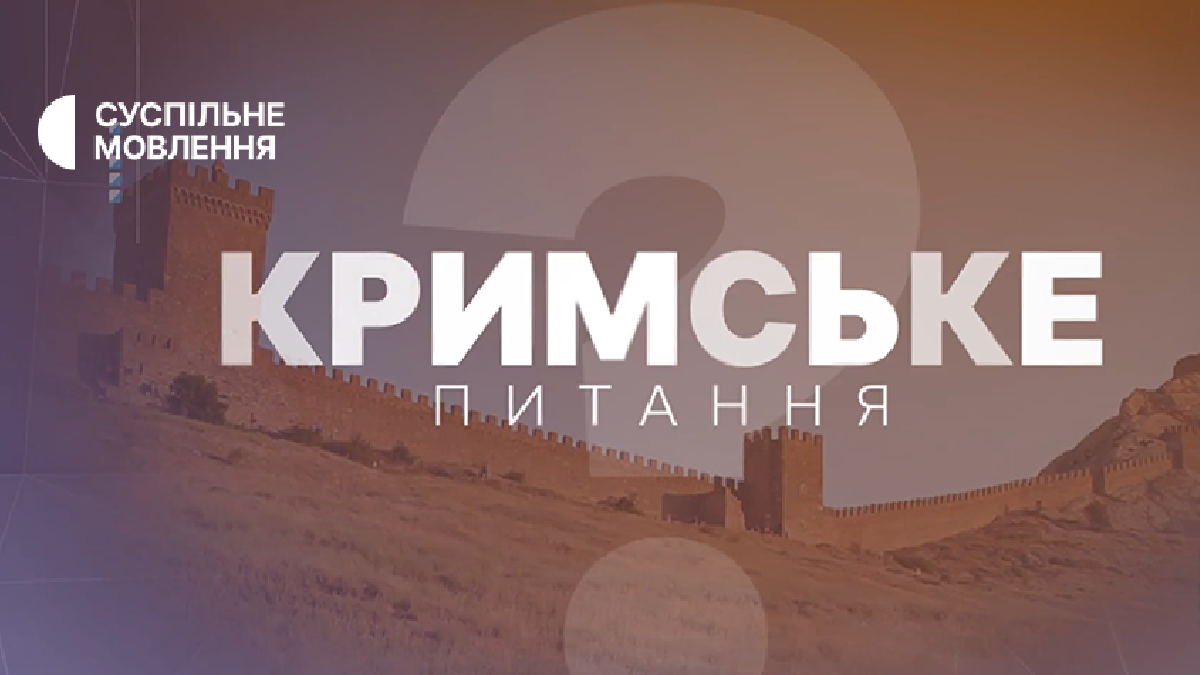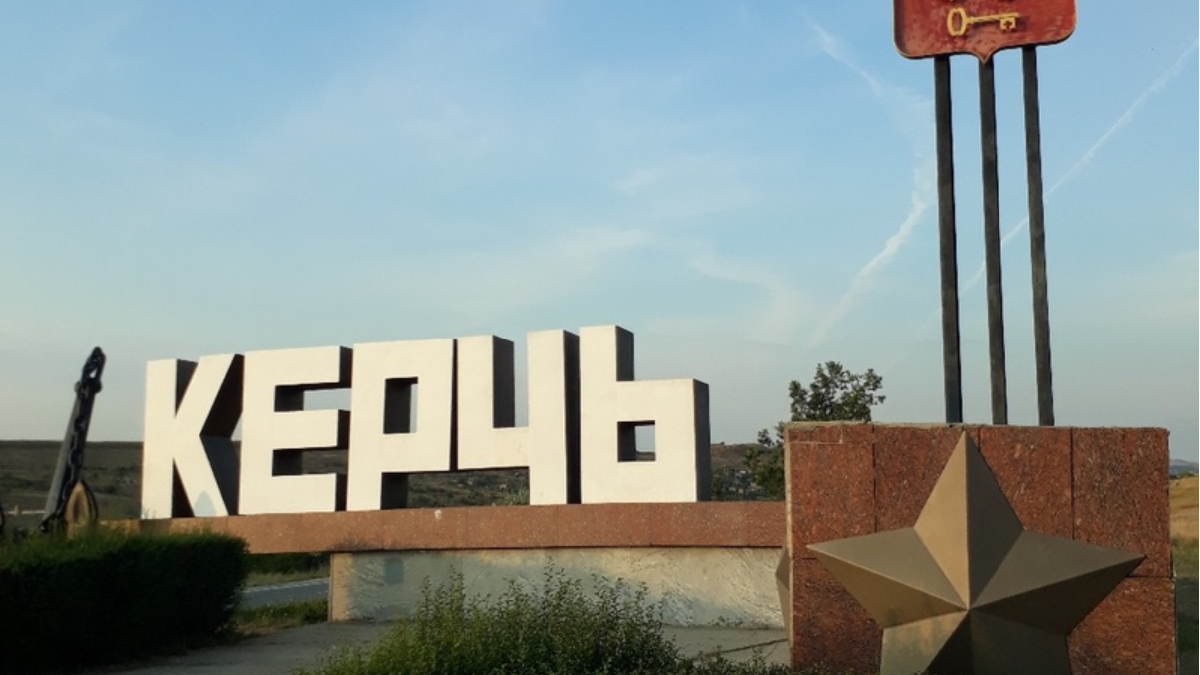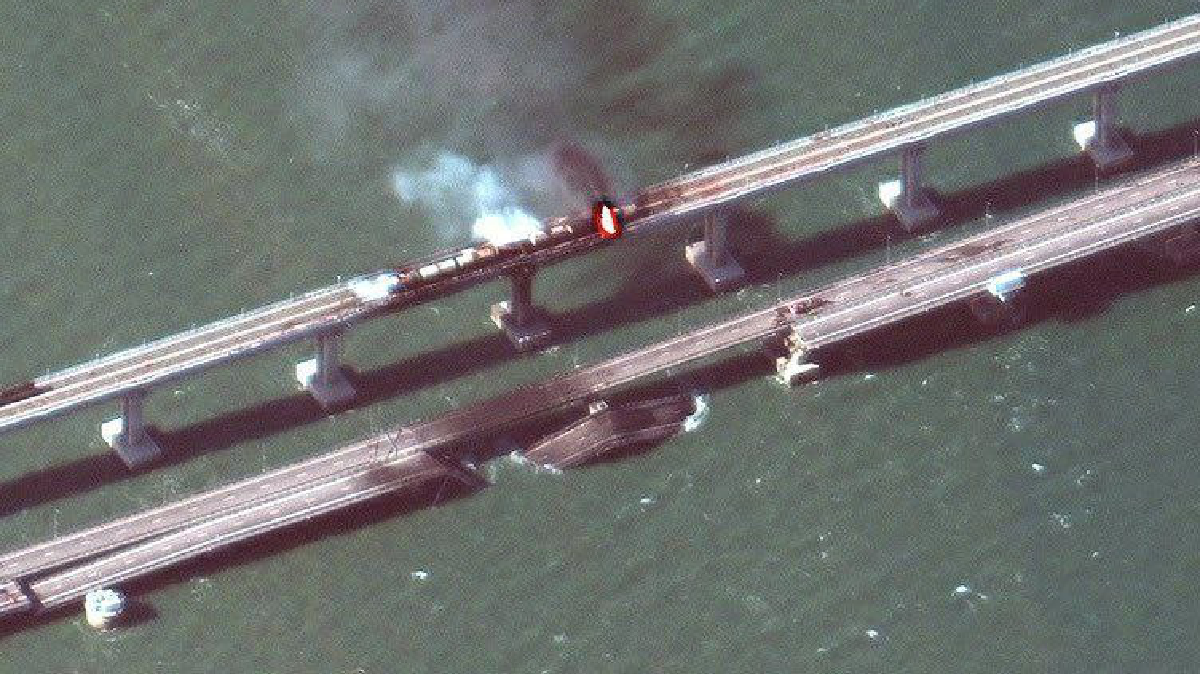Chronology of the search. To the second anniversary of the arrest of the participants of the second Simferopol "Hizb ut-Tahrir case"
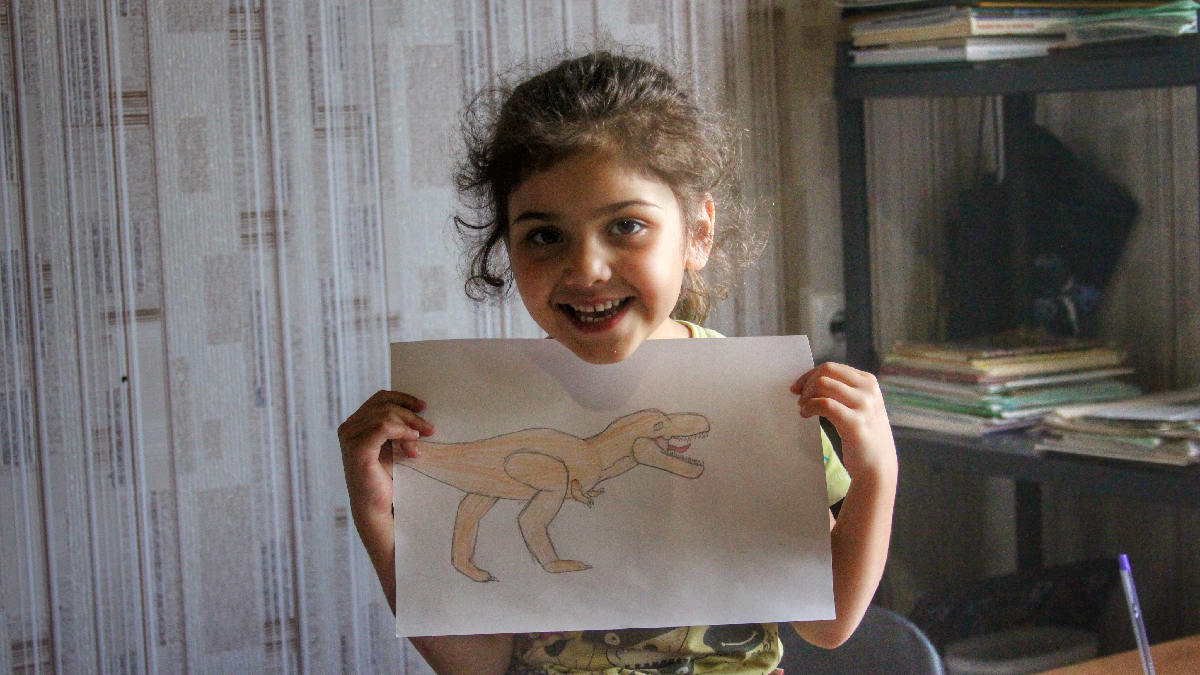
Two years ago. On 27 March 2019, at the same time, more than thirty houses of Crimean Tatars were broken into by Russian FSS officers. This was one of the largest operations during the occupation of the Crimean peninsula, directed against the indigenous population of Crimea. All those arrested were charged under Article 205.5 of the Criminal Code of the Russian Federation (organizing a terrorist organization and participating in such an organization) on suspicion of participating in Hizb ut-Tahrir, which is considered banned in Russia but legally exists in Ukraine.
The case, which was opened by human rights activists, was called the second Simferopol "Hizb ut-Tahrir case". There are twenty-nine people in it. Mostly Crimean Tatars. Twenty-five of them are being held in pre-trial detention centres in Rostov-on-Don and the Rostov region, and four are wanted. The Memorial Human Rights Center summoned all those involved as Kremlin political prisoners.
On 27 of March 2019 began in the same way for dozens of Crimean Tatar families: with a persistent knock on the door, or knocking her out. From children sprinkled with glass, or polite reading of the search report in the house. Some law enforcement agencies wore boot covers and tried not to wake the old parents, somewhere they immediately put a person on the floor and handcuffed him. But, in fact. The result of this operation was that most of those who were searched were behind bars for the second year. One week ago, the trial on the merits began. The editorial staff of the "Suspilne Crimea" has prepared five stories about how the families of prisoners remember that morning. Each story, of which, is continued in the next. Because they, like the previous and subsequent Hizb ut-Tahrir cases, are similar to each other. Only the fates of people who have become involved in politically motivated cases are different and each of them is important.
Gulnar Abdulkadyrov, Vladlena Abdulkadyrov's wife says that the morning began with an early knock on the door, around 6 am. When the woman asked "who?", She replied: "FSS, open up." She says that she did not even have time to count the number of law enforcement officers who came to her: “they went around all the rooms and only when they realized that there was no one in the house except me and the children, they started reading the search warrant. I was alone with three small children during this process and it turned out that during the whole process the children slept. Only when they (the staff of the occupying FSS - ed.) Looked at everything and reached the children's room, then I woke them up. I can't say that it was a shock for the daughters, because today, it has all happened to many of their friends. That's why my children know very well that now people with machine guns are breaking into houses and taking away their father for no reason".
Vladlen Abdulkadyrov has three minor daughters. The youngest, Niall, was born a few days before her father's arrest. He managed to pick her and his wife up from the maternity hospital. He was detained on 28 of March, the day after a large-scale operation in Rostov-on-Don. Gulnar, after her husband's arrest, said that he was hit on the head during the detention.
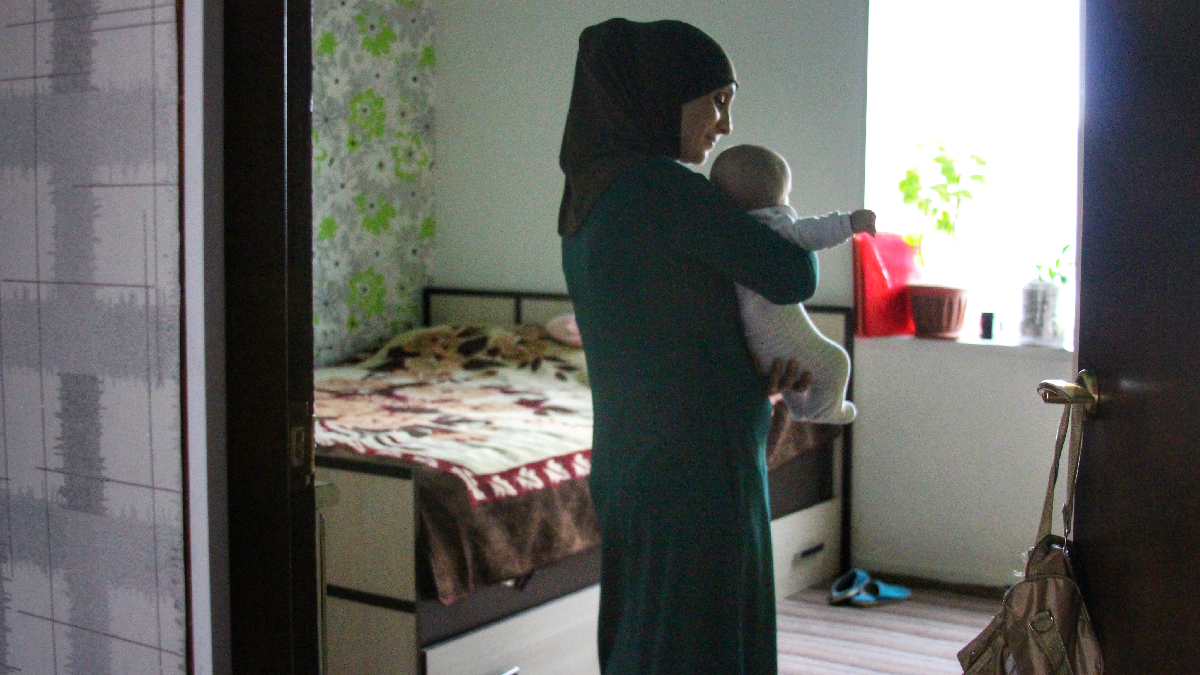
Gulnar with little Niall in his arms in his house in Stroganovka
Sabrie Bekirova married Akim Bekirov two years before his arrest. She says she has never divorced her husband for so long. She says that they also came to their house in the morning with a search, Sabrie's husband was at home. He was arrested on 27 March, two years ago. At the time of Akim's arrest. His wife was expecting a second child. The boy Saifullah was born after his father was placed in a pre-trial detention centre. "Before the search, all our equipment was confiscated. The lawyer was not allowed to call. When my husband was read the search warrant and his arrest, Akim refused to sign it without a lawyer. To which the investigator told him that there would be no lawyer. The security officers copied in the papers that were folded near the stove, carefully reviewing all the literature".
After a series of searches, the arrested's lawyers repeatedly spoke about the thrown literature of a religious nature during the searches. In some cases, according to the defenders, the FSS officers "found" not just new books, but books in plastic bags.
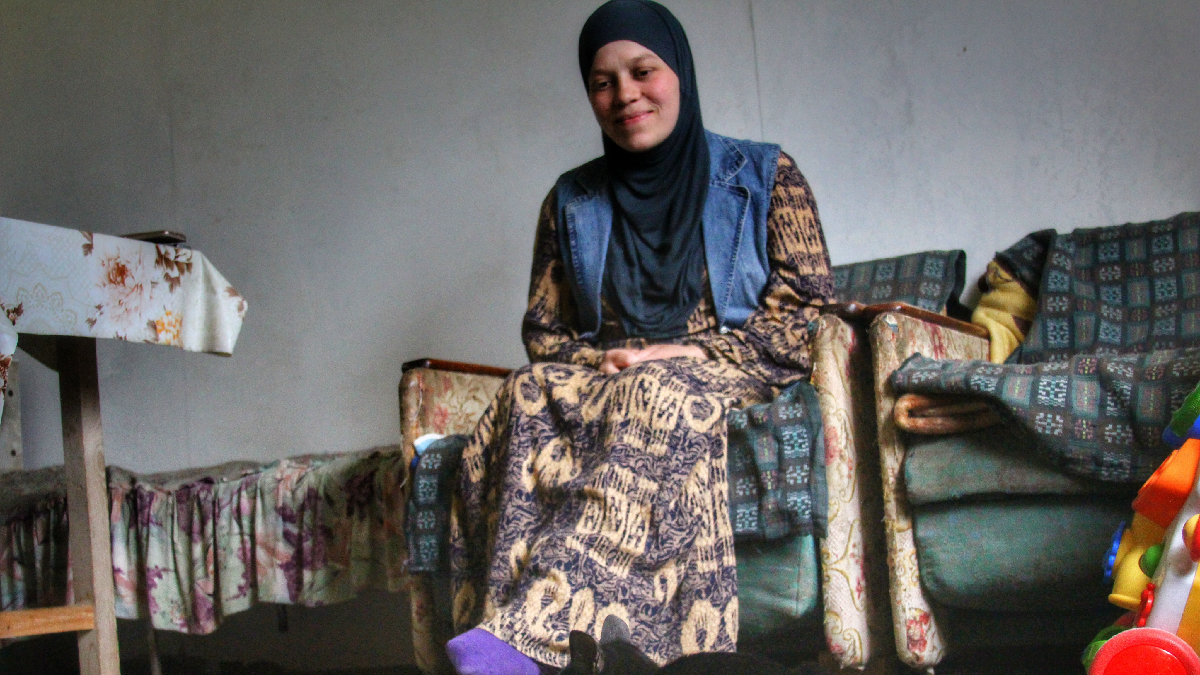
Sabrie Bekirova
One of the 25 arrested political prisoners, Yashar Muedinov, has eight children, six of whom are minors. His wife, Naile, recalls that he was allowed to say goodbye to everyone when Yashar was taken out after a search of their home. "They said sharply, they say to get up and go. I didn't even have time to react. The man asked to say goodbye to the children, hugged everyone in turn, the eldest son, at that time he was 12, whispered that now he is the head of the family. He asked me to listen to him. When he was taken out of the house, I looked at the children and they were all crying. The younger ones cry in the evenings, the older children reassure them by drawing postcards with them every night and writing letters to their father”.
Before his arrest, Yashar Muedinov worked as a builder, and in his free time he was active in activism: he visited courts, collected programs for previously arrested Crimean Tatars and Muslims. His wife says that judging by how much time he spent on volunteering and helping, this was his main activity. Among all those detained on 27 of March, most were Crimean Solidarity activists, as well as civilian human rights journalists who defended people in court before their arrest.

Muedinov's youngest daughter painted a dinosaur for her father in a pre-trial detention centre
Erfan Osmanov's wife, Akim, is trying to open a case with her husband's musical instrument. Osman is a musician by education, played the trumpet before his arrest, and was a musician on holidays, including children's music, which was arranged for the children of political prisoners. "Since the beginning of 2014, watching the searches of Muslims in the Crimea. We, of course, understood that sooner or later this grief would affect us as well. My husband and I talked about the fact that it could affect our family, and my husband kept saying that I had to stay strong so that it wouldn't happen and raise children. " There are four underage boys in the Ottoman family. Akime says the first minutes of the search was the most difficult: the FSS appeared on the doorstep of their house by 5 am. When they were searched, Osman kept looking out the window and saw that there were no people on the street to support him: “In fact, our phones were simply taken away at once, and it was so early that no one even knew that we were searched”, - Akim says.
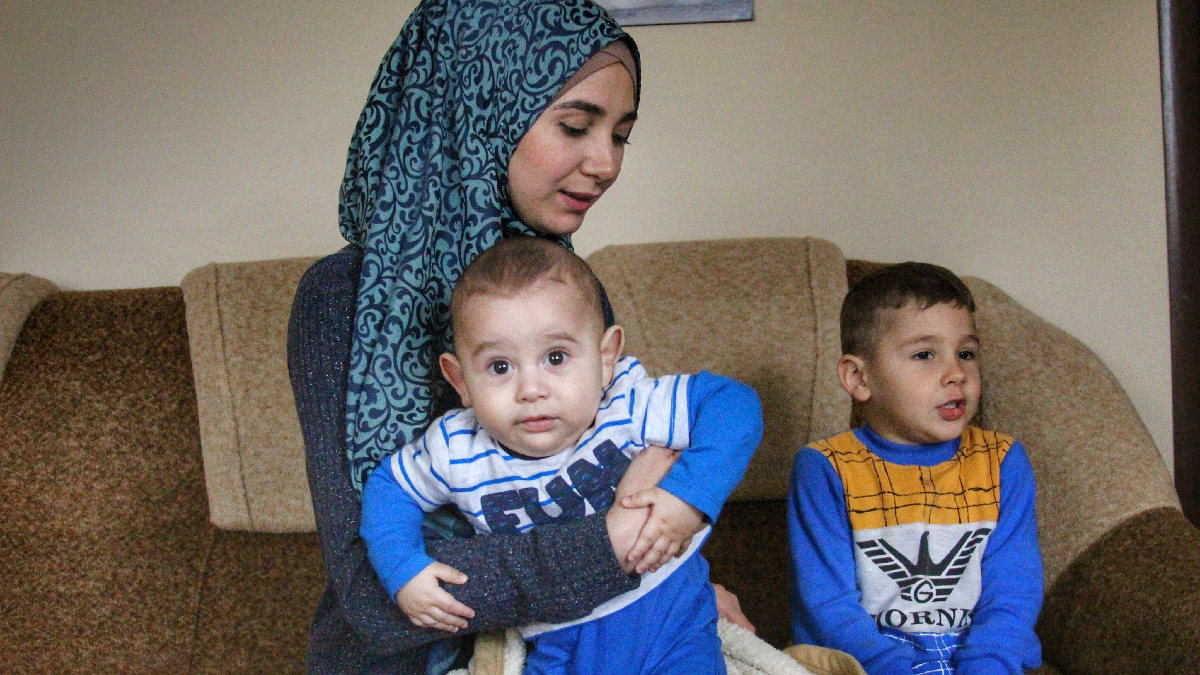
Akim Osmanov with his sons
At the end of a search of Shaban Umerov's house, his wife, Zarema, asked the investigator where her husband would be taken. "I just, knowing about the stories that took place in the Crimea, when people disappeared, worried about my husband, I asked, are you taking him to Simferopol? To which the investigator replied with a smile, they say, do you want to go to Moscow”? Two weeks before his arrest, Shaban Umerov noticed what he thought were suspicious cars and strangers in plainclothes near the house. Umerov is 51 years old. Even before his detention, he had a number of diseases. Worried about back pain and high blood pressure. After his detention, his health deteriorated. He repeatedly complained that he was not receiving proper medical care.
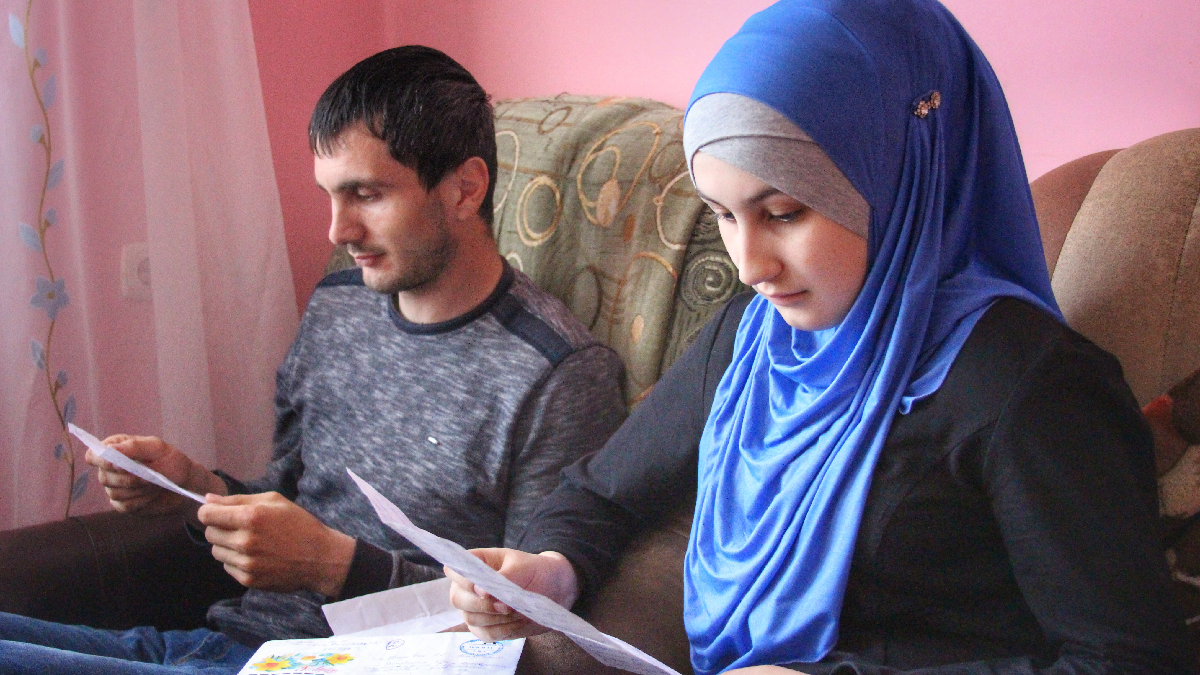
Umerov's children: son Abdulaziz and daughter Madina read a letter from their father

